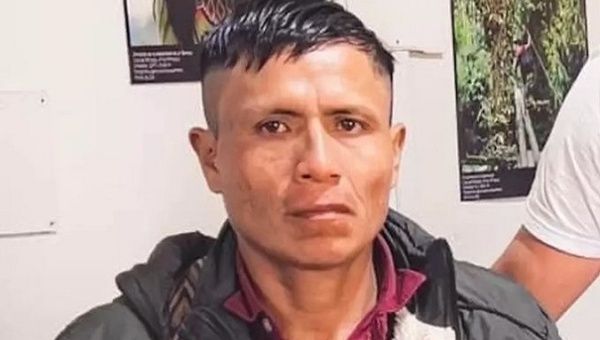There is a special International Women’s day action featuring Eren Keskin, fearless human rights defender from Türkiye. Please take action on International Women’s day Wednesday 8th March.
Human Rights in Europe are under threatened and under attack, particularly the human rights of those who are fleeing war and persecution and hoping to claim their universal human right to asylum. The latest shocker from our government are the plans to suspend the right to asylum altogether. I am currently taking part in discussions with the International Secretariat and other European Sections about coordinated action against the human rights violations at Fortress Europe’s borders and will keep you posted.
In the mean-time I want to inform you of the actions organized by other organizations: Care for Calais, Trade Unions and others. On 18th of March in to date 12 countries including the UK, people will be marching against racism and for the rights of refugees. Find out more at #WorldAgainstRacism and at the end of this Newsletter.
Türkiye
Response to Earthquake
Everyone will be aware of the dreadful series of earthquakes that struck south west Türkiye and Syria in early February killing in excess of 50,000 people, injuring far more and creating hundreds of thousands of displaced, homeless persons.
Amnesty International has expressed its deepest sympathies to all those affected by the earthquakes and acknowledges the tireless efforts of volunteers and first responders in search and rescue operations in such difficult circumstances.
Türkiye has invoked a state of emergency in the affected provinces. Aid provision in Syria has been slowed down and obstructed by political considerations and logistical difficulties that have eclipsed the need for an urgent and immediate response to people’s needs in the northwest.
In times of such crises, human rights must not be suspended and there must be concerted efforts towards the promotion and protection of the human rights of everyone. In acknowledgement of this, Amnesty has published: TÜRKİYE/SYRIA: A HUMAN RIGHTS RESPONSE TO THE 6 FEBRUARY EARTHQUAKES
Buyukada hearing
As I informed you in a previous newsletter, the hearing at the first instance court in the Buyukada prosecution following the overturning of the convictions of Taner Kılıç, former Chair of Amnesty’s Turkey section, Idil Eser former Director of Amnesty Turkey, Günal Kurşun and Özlem Dalkıran is set to take place on 8 March.
You will recall that in November 2022 the Court of Cassation ruled to overturn the convictions for ‘aiding a terrorist organization’ for Idil, Ozlem and Gunal on grounds of lack of evidence, whilst Taner’s conviction for ‘membership of a terrorist organization’ was overturned on grounds of ‘incomplete investigation’.
In December, the first instance court requested that additional investigation be carried out and the date of the hearing be set for 8 March, indicating that the court will agree with the Court of Cassation ruling – though we will not know if this is the case until the hearing takes place. Since then, some responses were received and added to the case file online. The latest correspondence is from the Ministry of Justice, sharing the European Court of Human Rights ruling in Taner’s application, informing the trial court of its conclusions finding Taner’s rights to liberty and security and freedom of expression had been violated. In other words, helpfully, the Ministry is drawing the attention of the court to a binding decision, informing them that the Committee of Ministers of the Council of Europe is monitoring the implementation of the judgment. On the face of it, this is a positive step.
It is possible that the hearing will end with a decision to uphold the Court of Cassation decision or as is within their power, to resist it. Even if the court rules to accept it, the prosecution could appeal, starting the whole process again which obviously would be extremely distressing for the 4 defendants.
I will let everyone know what happens on 8 March and if further follow up action is required.
Saturday Mothers/People
The 6th hearing in the baseless prosecution of the 46 people from the Saturday Mothers/People group related to their banned gathering in 2018 as reported in the January newsletter as being scheduled for 03.02.2023 was in the end postponed because the judge was ill. A new date has not yet been identified.
In a further development, a few days ago a decision of the Turkish Constitutional Court on the application of a member of the group called Maside Ocak relating to the banning of the Saturday Mother/People in August 2018 that led to the prosecution was published in the Official Gazette. Maside is the sister of Hasan Ocak who was forcibly “disappeared” in 1995 and daughter of 82 year old Emine Osak who has appeared prominently at Saturday Mother/Peoples vigils for many years.

The Constitutional Court found that Maside’s right of freedom to peaceful assembly had been violated and ruled that the decision should be sent to the Beyoglu Governorate ‘in order that the violation of the right in the future be prevented’.
[Read more…]
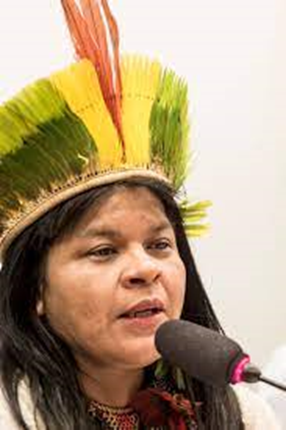

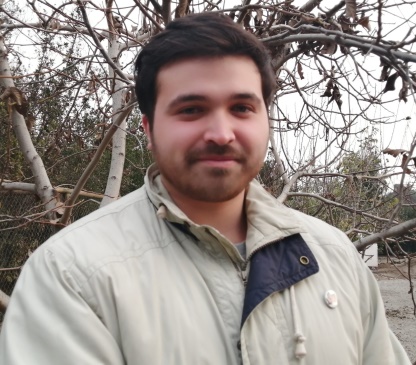
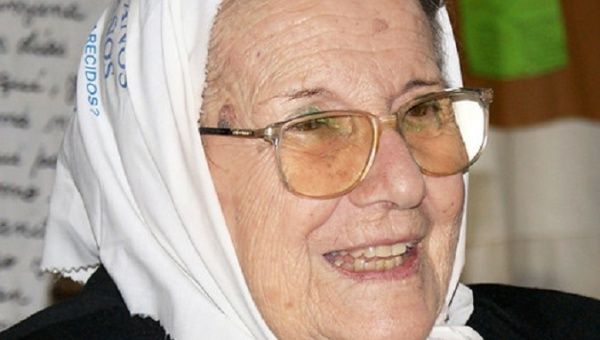
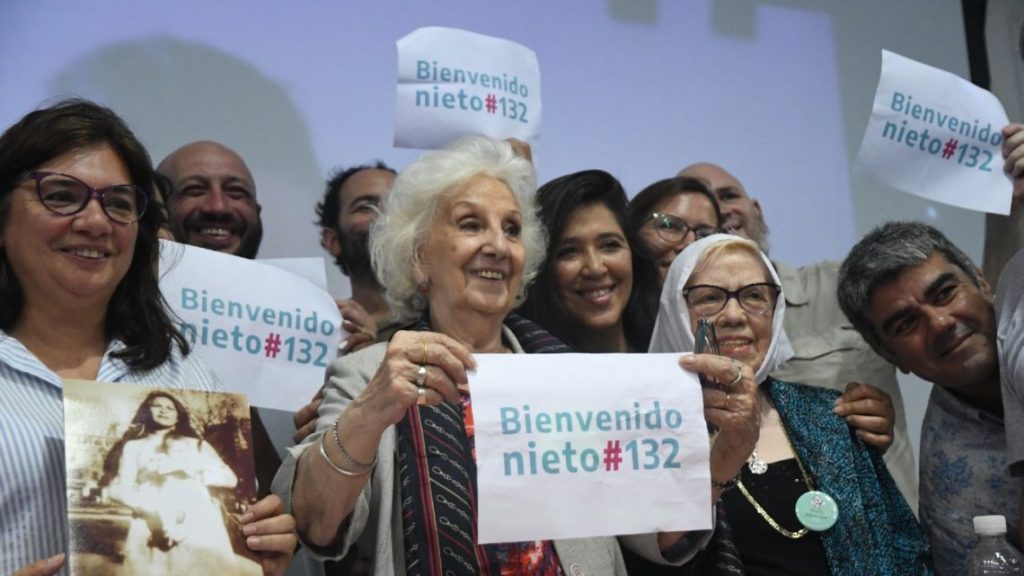 In December the Grandmothers of Plaza de Mayo announced the confirmation of two more identities, bringing their
In December the Grandmothers of Plaza de Mayo announced the confirmation of two more identities, bringing their 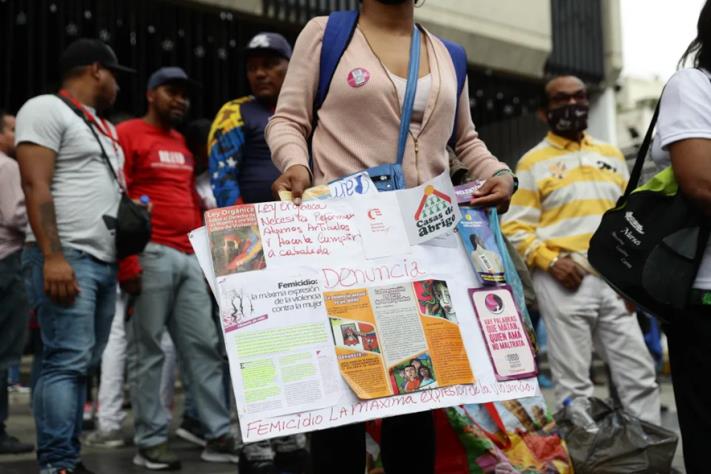 On November 25th,
On November 25th, 